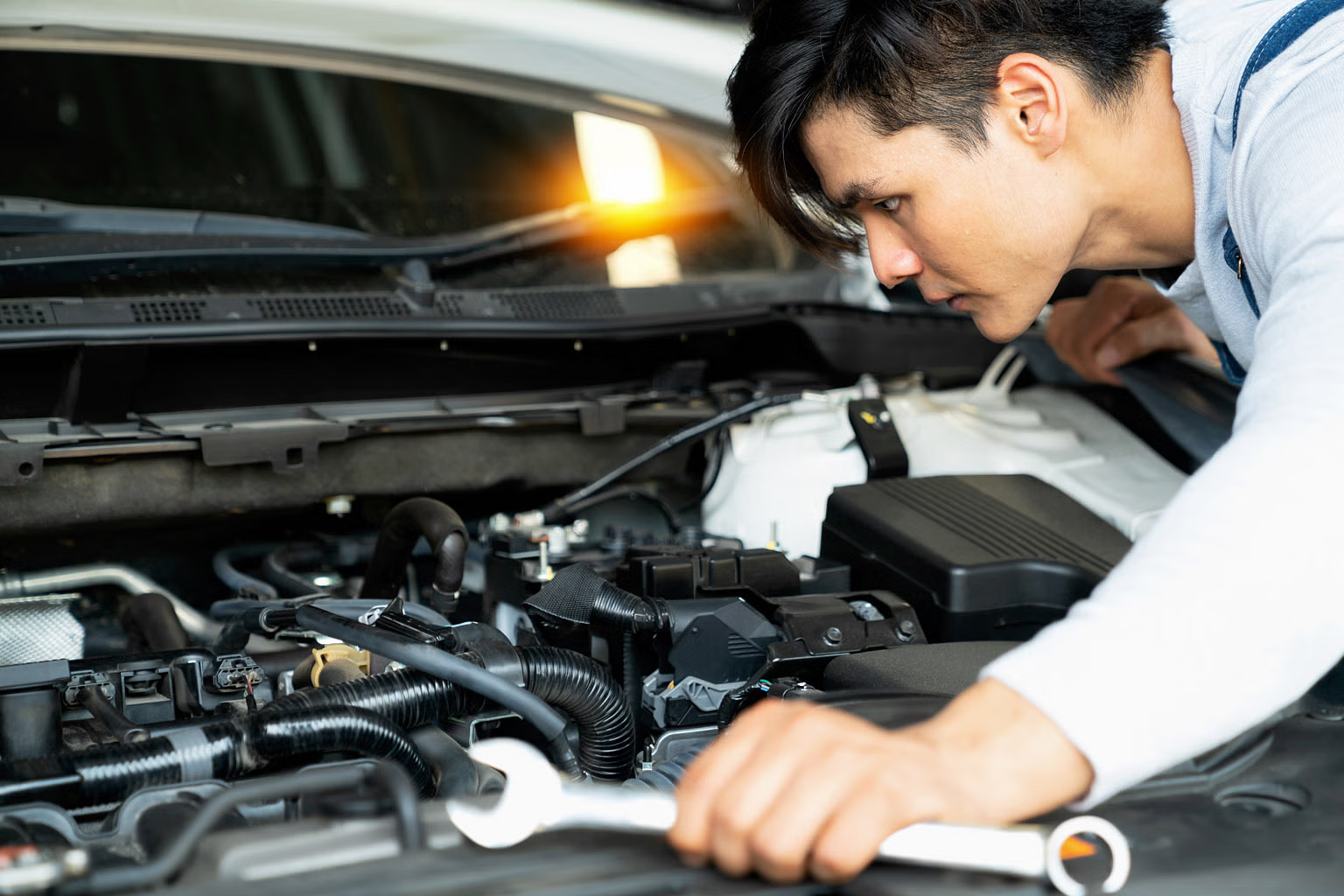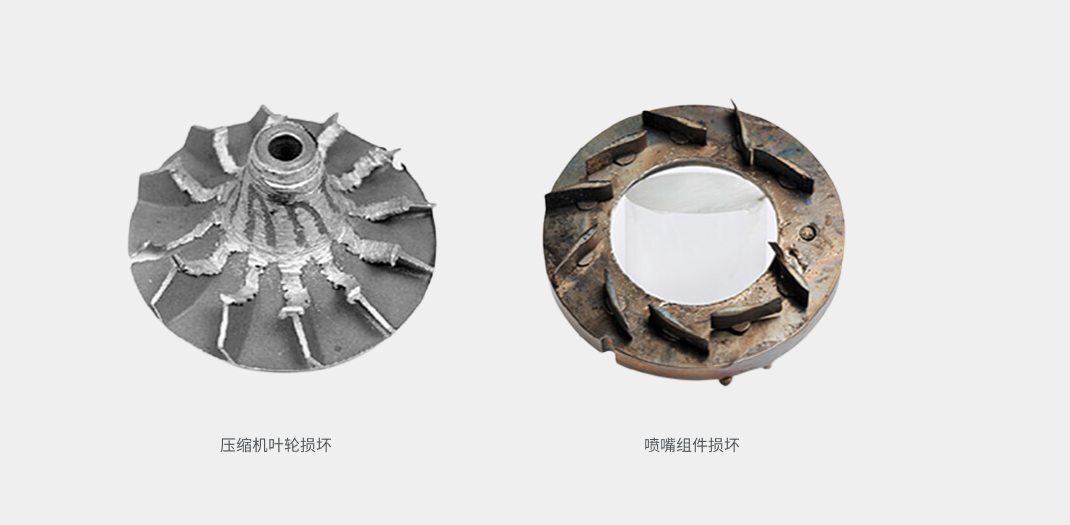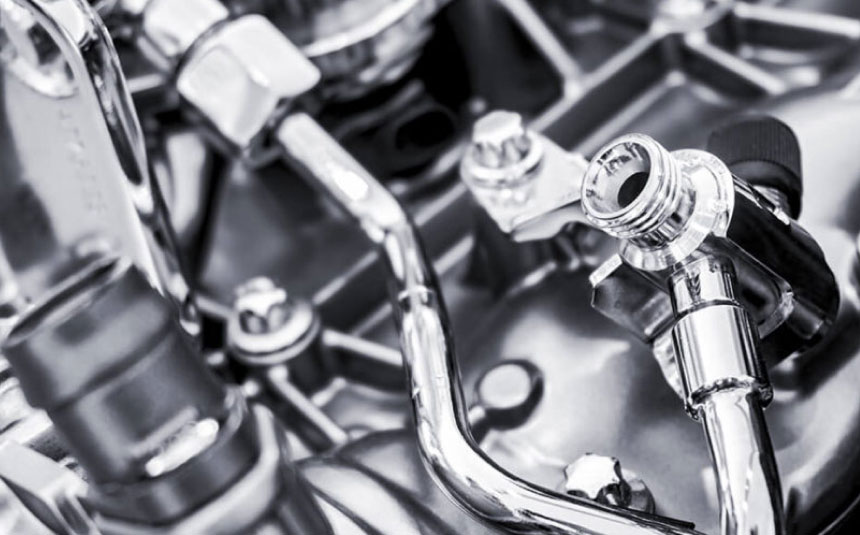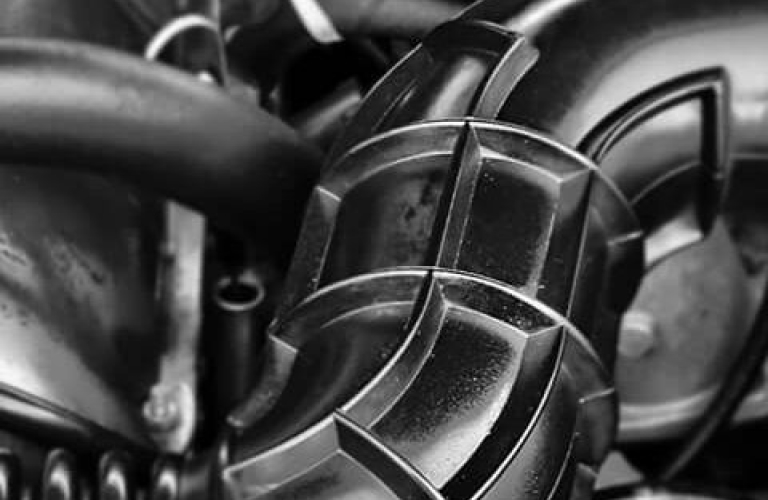Please wait to replace the turbocharger
If you think your vehicle may have a turbo-related issue, wait until you replace the turbocharger, as there may be other underlying issues that are not the problem with the turbo.
If you think your vehicle may have a turbocharger-related problem, stop using it immediately, as turbocharger damage can often be caused by other underlying problems, such as fuel injection system failure, clogged air filter, exhaust System damage or lubrication issues may result in lack of power, squeaking, excessive smoke or oil consumption.
Before replacing your turbocharger, complete a diagnostic check.

If there is no obvious cause, then make sure your turbo technical specialist completes further troubleshooting procedures. The causes of turbocharger damage are generally divided into the following four categories:
1. Foreign body
Foreign matter enters the volute or pressure housing, causing damage to the turbocharger impeller, resulting in imbalance.

Turbocharger fatigue cracking and material transfer due to metal friction and high temperatures caused by poor oil feed, improper gasket placement, and use of liquid gaskets or inferior lubricants.
3. Lubricating oil pollution
Damage to the turbocharger bearing system caused by carbon particles suspended in the oil due to extended oil change intervals or improper maintenance. Bearing damage caused by steel powder suspended in oil after an engine overhaul.

4. Overspeed and excessive temperature
Damage to the turbocharger caused by operation outside design parameters or outside vehicle manufacturer specifications. Maintenance issues, engine failure, or unauthorized performance upgrades can cause the turbocharger to spin beyond its operating limits, causing fatigue failure of the compressor's turbine wheel.
